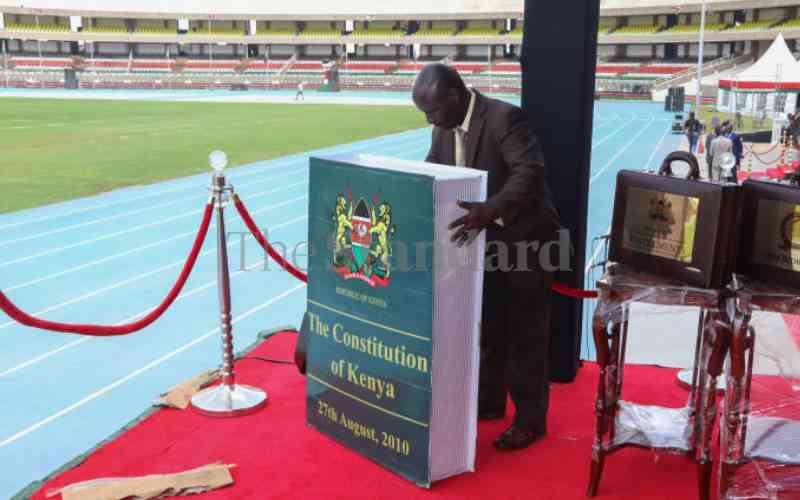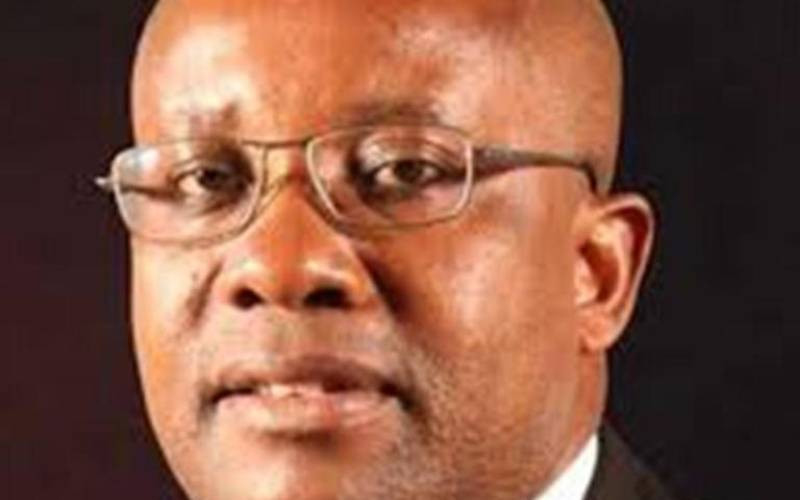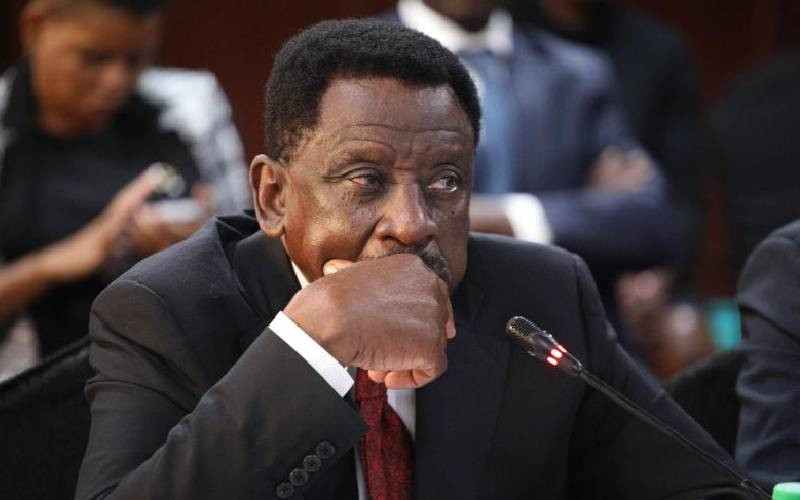Top lawyers among them Siaya Senator James Orengo, former minister Martha Karua, Wachira Maina, George Kegoro and election experts convene to discuss the controversial Supreme Court judgement of 2013 presidential elections.
Through Kenyans for Peace with Truth and Justice (KPTJ) and the Africa Centre for Open Governance (AfriCOG) a policy dialogue to mark the second anniversary of the Supreme Court judgment following the 2013 presidential election petition will be held at the Hilton Hotel, Tuesday in Nairobi from 9a.m. to 1p.m.
A statement sent to the newsrooms from Africog said, the meeting will be looking at proposals going forward as Kenyans prepare for the 2017 General Elections when Jubilee’s first term comes to an end.
Two years since the Supreme Court’s decision confirming the IEBC’s declaration of the Jubilee Coalition as having won the 2013 elections, the concerns raised by KPTJ in its election petition have never been fully addressed. Notably, there is still no consensus as to what legally constitutes the official voters register; IEBC has frequently and irregularly updated their official results without offering any coherent explanation; and the massive technological failure that plagued the elections forcing the Commission to revert to the discredited manual system has never been satisfactorily explained.
“As we look forward to 2017, it is imperative that we do not lose sight of the critical lessons that the country needs to learn from how the last elections were managed and what could have been done differently,” said AfriCOG Executive Director, Gladwell Otieno.
Besides, the recent successful prosecution and conviction of a British printing company and two of its directors for bribing Kenya’s election officials who remain in office at the IEBC demonstrates that the institution continues to suffer integrity deficits.
“Allegations of bribery of election officials not only have negative financial implications for a country that bears the additional cost of election materials to pay for the bribes,” said KPTJ Senior Advisor, Njonjo Mue. “It seriously erodes public confidence in those entrusted with ensuring free and fair elections which may in turn lead to violence.”
Given these important yet unresolved issues facing Kenya’s electoral system, and in view of the fact that the 2017 elections are fast approaching, KPTJ and AfriCOG hope that this policy dialogue will not only help Kenyans to critically assess the aftermath of the 2013 elections but will also help kick-start a much needed public debate on the changes necessary to ensure that the next elections will truly be free, fair, transparent, accountable and verifiable in accordance with the requirements of the Constitution.
“We hope that this forum will provide policy leaders and the public a much needed opportunity to discuss critical questions relating to Kenya’s current situation; the impact of the Supreme Court judgment and other judicial decisions on election petitions and the need for accountability, transparency and inclusiveness in the management of our future elections,” added Ms Otieno.
This policy dialogue is a contribution towards the national dialogue that will be essential in maintaining not just peace but the integrity and cohesion of this country.
The forum draws participation from civil society, the diplomatic corps, political parties, electoral institutions, the legal profession, governance experts and the general public.
Key speakers at the forum include: Hon. James Orengo (ODM Senator, Siaya County), Hon. Martha Karua (2013 Presidential Aspirant, NARC-Kenya), Hon. Moses Kuria (TNA Member of Parliament, Gatundu South), Willis Otieno (Political, Governance and Elections Expert), George Kegoro (Executive Director, International Commission of Jurists Kenya Chapter) and Wachira Maina (Constitutional and Governance Expert).
Topics to be discussed include:
· Implications of the Supreme Court Judgment and Subsequent Election Petitions.
· Prospects for the 2017 General Election.
Stay informed. Subscribe to our newsletter
· The Need for Reform of the IEBC and the Role of other Support Institutions i.e. political parties, registrar of political parties, security system and the courts.
 The Standard Group Plc is a
multi-media organization with investments in media platforms spanning newspaper
print operations, television, radio broadcasting, digital and online services. The
Standard Group is recognized as a leading multi-media house in Kenya with a key
influence in matters of national and international interest.
The Standard Group Plc is a
multi-media organization with investments in media platforms spanning newspaper
print operations, television, radio broadcasting, digital and online services. The
Standard Group is recognized as a leading multi-media house in Kenya with a key
influence in matters of national and international interest.
 The Standard Group Plc is a
multi-media organization with investments in media platforms spanning newspaper
print operations, television, radio broadcasting, digital and online services. The
Standard Group is recognized as a leading multi-media house in Kenya with a key
influence in matters of national and international interest.
The Standard Group Plc is a
multi-media organization with investments in media platforms spanning newspaper
print operations, television, radio broadcasting, digital and online services. The
Standard Group is recognized as a leading multi-media house in Kenya with a key
influence in matters of national and international interest.








